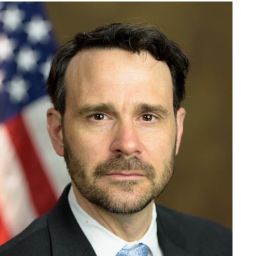Building on the OECD Government Access Principles - Opportunities for EU-US Harmony
My Session Status
BREAK (Track III) 04:00 PM to 04:30 PM (30 minutos)
To combat global criminal and national security threats, governments across the world seek and collect electronic evidence and signals intelligence. However, with the globalization of digital information and communications networks, maintaining trust in how governments access data that flows across borders has become increasingly important to ensure continued effective and lawful government access to data to ensure public safety. For example, even between allied governments, cross-border data requests may create potential conflicts of law or depend on Mutual Legal Assistance requests that can be time-consuming. Data access agreements, such as those authorized in the United States by the CLOUD Act, provide an efficient alternative mechanism to resolve conflicts of law and establish clear, privacy-protective rules to govern cross-border requests. Significantly, the European Commission and the U.S. Department of Justice recently announced the resumption of negotiations on a EU-U.S. agreement. In addition, the surveillance issues addressed by the Court of Justice of the European Union in the Schrems decisions raise questions about the compatibility of U.S. and EU Member State principles and safeguards for intelligence collection and electronic surveillance. This panel will examine the potential for recent international developments to address these concerns and the important steps be taken to strengthen the EU-U.S. Data Protection Framework. The panel will discuss whether greater “data” harmony between the EU and U.S. aligns with the December 2022 OECD Declaration. That Declaration reflected a broad judgment that law enforcement and national security authorities in both the EU and U.S. share commitments to upholding democracy and the rule of law, and promoting data free flow with trust. Moreover, while existing data access practices and safeguards are not identical, they are founded upon similar principles that reflect a shared commitment to protecting privacy and other human rights and freedoms.



